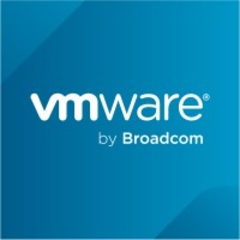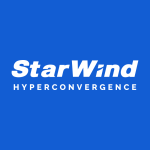The valuable feature of the solution is the total hyperconverged facility. And that either it's hyperconverged, or it's standalone with storage arrays.
From the implementer side, the solution is very comparable to Nutanix. The only difference is that VMware requires more initial nodes.
I've been working with VMware for fifteen years.
Regarding the scalability of the solution, you've got 64 nodes into a stretched cluster for VMware. Nutanix goes a little bit above. The only problem is that due to licensing things, such as when you have Oracle and other things, what you tend to do is multiple clusters in order to avoid licensing costs.
The biggest network I have implemented was 16 nodes.
My advice to others looking into implementing VMware vSAN is to stick to the rules. That's where the problem is. If you don't stick to the rules and prerequisites, you end up having a nightmare.
People have a tendency to take hyper-converged solutions for granted. They function as the marketing says, as long as you follow certain rules. If those rules are not followed, you end up with a slower infrastructure than you ever had before.
I would rate this solution an eight out of ten because it lacks flexibility. Those rules I'm talking to you about, how you have to follow the prerequisites, that is well hidden, is that you can't do what you want. You don't have total freedom. You have to respect the rules and that's why respecting the rules sometimes is a burden.
They always recommend that nodes are the same type, have the same disk structure, and if you change some disk structures, you have to change them on all the nodes. Although somewhere it's understandable, it's a burden. It should not happen.














